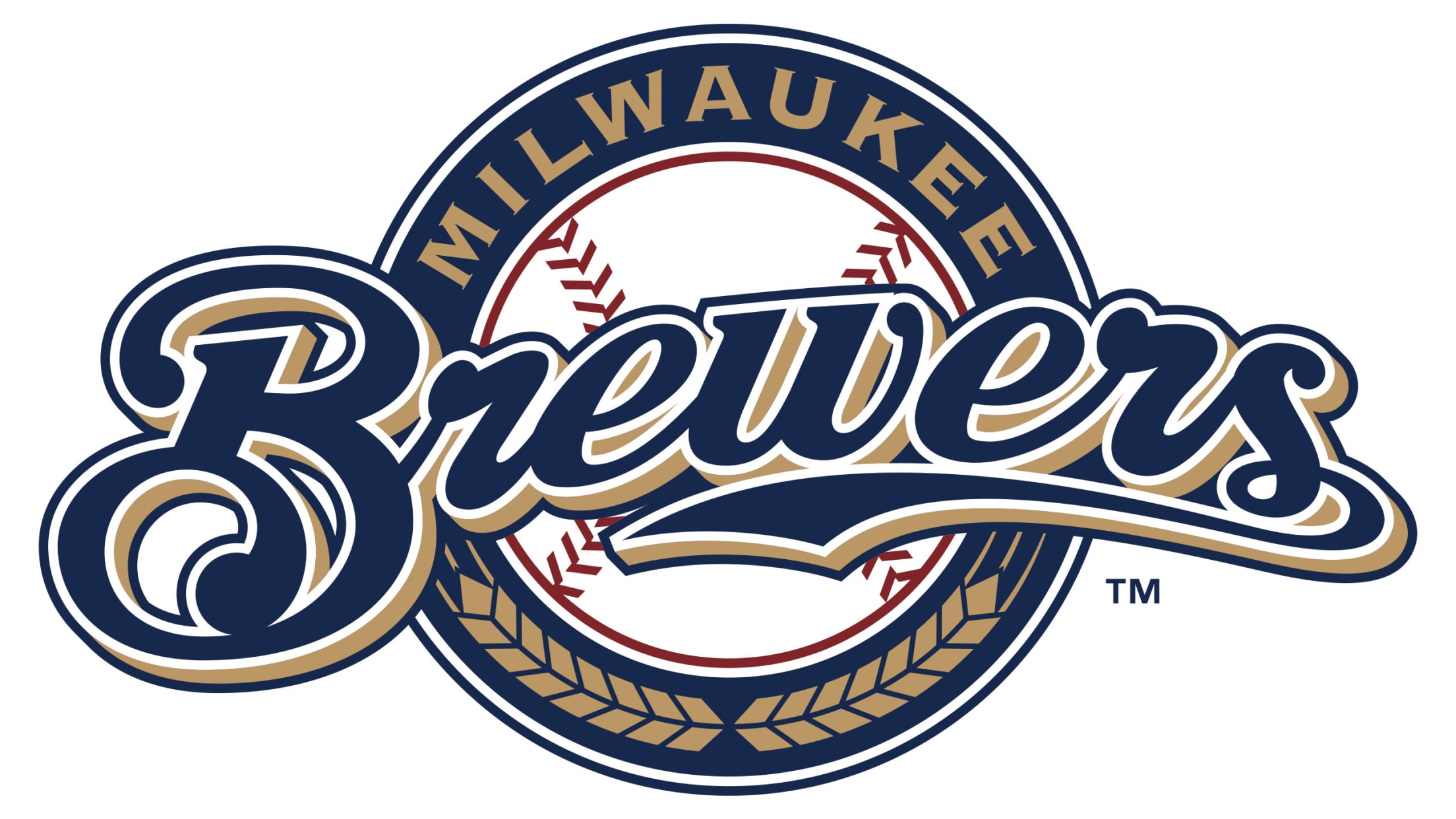Let’s be real here, folks—there’s something magical about a perfectly brewed beer. It’s not just about the taste; it’s about the craftsmanship, the passion, and the story behind every bottle or pint. Brewers are the unsung heroes of this delicious world, turning grains and hops into liquid gold. Whether you’re a beer enthusiast or just someone who enjoys a cold one after a long day, understanding brewers and their craft can elevate your appreciation for this timeless beverage.
Now, you might be wondering, "What exactly does a brewer do?" Well, buckle up, because we’re diving deep into the fascinating world of brewers. From the science of fermentation to the art of flavor profiling, brewers play a crucial role in crafting beers that cater to every palate. And trust me, it’s not as simple as mixing some water, barley, and hops. There’s a lot more to it than meets the eye.
So, why should you care about brewers? For starters, they’re the ones responsible for creating the beers you love. But beyond that, their work is a testament to creativity, innovation, and dedication. In this article, we’ll explore everything you need to know about brewers, from their history and role to the challenges they face in today’s competitive market. So grab a drink (maybe a beer?), sit back, and let’s get started.
Read also:Michelle Williams The Rise Of A Hollywood Icon
Table of Contents:
- What Are Brewers?
- The History of Brewers
- Types of Brewers
- The Brewing Process
- Skills Every Brewer Needs
- Challenges Faced by Brewers
- Brewers in the Modern World
- Famous Brewers You Should Know
- The Future of Brewing
- Conclusion: Cheers to Brewers
What Are Brewers?
Alright, let’s break it down. Brewers are the masterminds behind your favorite beer. They’re the ones who take raw ingredients like barley, hops, water, and yeast, and transform them into the delightful beverages we all know and love. But brewing isn’t just about throwing things into a pot and waiting for magic to happen. It’s a complex process that requires a deep understanding of chemistry, biology, and even a bit of artistry.
Brewers can work in various settings, from small craft breweries to large-scale commercial operations. Their job involves everything from selecting the right ingredients to monitoring the fermentation process and ensuring the final product meets quality standards. And let’s not forget the creativity that goes into developing new beer styles and flavors. It’s a job that demands both technical expertise and a passion for the craft.
Why Brewers Matter
Without brewers, the beer industry would be, well, nonexistent. Brewers are the backbone of this multi-billion-dollar industry, driving innovation and setting trends. They’re the ones who experiment with new ingredients, techniques, and styles, pushing the boundaries of what beer can be. And let’s face it, life without beer would be a whole lot less fun.
But brewers aren’t just important for the beer itself. They also contribute to local economies by creating jobs, supporting farmers, and attracting tourists to craft beer destinations. In short, brewers play a vital role in both the cultural and economic landscape of many communities around the world.
The History of Brewers
Believe it or not, brewers have been around for thousands of years. Archaeological evidence suggests that beer was first brewed as early as 5000 BC in ancient Mesopotamia. Back then, brewing was more of a necessity than a luxury, providing a safe source of hydration in regions where clean water was scarce.
Read also:Diva Flawless Unveiling The Allure Of Full Sex Videos A Captivating Dive
Over time, brewing evolved from a household activity to a commercial enterprise. Monasteries in medieval Europe became some of the earliest organized breweries, producing beer for both religious ceremonies and public consumption. Fast forward to the Industrial Revolution, and brewing became a major industry, with advancements in technology allowing for mass production.
Key Milestones in Brewing History
- 5000 BC: Earliest evidence of beer production in Mesopotamia.
- 9th Century: Monastic brewing becomes widespread in Europe.
- 1842: The invention of pale lager revolutionizes beer production.
- 1970s: The rise of craft brewing in the United States.
Types of Brewers
Not all brewers are created equal. Depending on their focus and scale of operation, brewers can be classified into several categories. Let’s take a closer look at the different types of brewers and what makes them unique.
1. Craft Brewers
Craft brewers are all about small-batch, high-quality beer. They often focus on unique flavors and experimental styles, catering to a niche market of beer enthusiasts. Think of them as the indie artists of the beer world.
2. Macro Brewers
On the other end of the spectrum are macro brewers, who produce beer on a massive scale. These are the big players you’ve probably heard of, like Budweiser and Coors. While they may lack the creativity of craft brewers, they make up for it with consistency and accessibility.
3. Homebrewers
And then there are the homebrewers, the DIY enthusiasts who brew beer as a hobby. They might not have the resources of professional brewers, but they make up for it with passion and experimentation. Who knows? Maybe the next big beer trend will come from someone’s garage.
The Brewing Process
Now that we’ve covered what brewers do and where they come from, let’s dive into the nitty-gritty of the brewing process. Brewing is a multi-step process that involves several key stages. Here’s a simplified breakdown:
Step 1: Malting
Malting is the process of converting raw barley into malt, which is rich in enzymes needed for brewing. The barley is soaked, germinated, and then dried to stop the germination process.
Step 2: Mashing
In this stage, the malt is mixed with hot water to create a mash. This process breaks down the starches in the malt into fermentable sugars.
Step 3: Boiling
The mash is then boiled to sterilize it and activate the enzymes. Hops are added during this stage to impart bitterness, flavor, and aroma to the beer.
Step 4: Fermentation
After boiling, the liquid, now called wort, is cooled and transferred to fermentation tanks. Yeast is added, which consumes the sugars and produces alcohol and carbon dioxide.
Step 5: Conditioning
Finally, the beer is conditioned, which allows the flavors to mature and the yeast to settle. This can take anywhere from a few days to several weeks, depending on the style of beer.
Skills Every Brewer Needs
Brewing may seem like a fun job, but it requires a unique set of skills. Here are some of the key skills every brewer should possess:
- Chemistry Knowledge: Understanding the chemical reactions that occur during brewing is crucial for producing consistent beer.
- Attention to Detail: Brewers must be meticulous in their work, as even small errors can affect the final product.
- Creativity: Developing new beer styles and flavors requires a creative mindset and a willingness to experiment.
- Business Acumen: Especially for craft brewers, running a successful brewery involves more than just making great beer—it also requires strong business skills.
Challenges Faced by Brewers
Despite the rewards, being a brewer isn’t without its challenges. Here are some of the biggest hurdles brewers face in today’s market:
1. Competition
The beer market is more competitive than ever, with new breweries popping up all the time. Standing out in such a crowded space can be tough, especially for smaller craft brewers.
2. Regulations
Brewers must navigate a complex web of regulations related to production, distribution, and sales. These can vary widely by region, adding another layer of complexity to the job.
3. Ingredient Sourcing
Obtaining high-quality ingredients at a reasonable price can be a challenge, especially with factors like climate change affecting crop yields.
Brewers in the Modern World
In today’s world, brewers are adapting to new trends and technologies to stay ahead of the curve. From using sustainable practices to incorporating technology into the brewing process, the industry is evolving rapidly. Let’s take a look at some of the key trends shaping the modern brewing landscape.
1. Sustainability
More and more brewers are focusing on sustainability, using eco-friendly practices and materials to reduce their environmental impact. This includes everything from water conservation to using renewable energy sources.
2. Technology
Technology is playing an increasingly important role in brewing, from automated brewing systems to data analytics that help optimize the brewing process. Brewers who embrace these innovations are better positioned to succeed in the modern market.
Famous Brewers You Should Know
Throughout history, there have been many brewers who have left a lasting impact on the industry. Here are a few notable names you should know:
1. Samuel Adams
Samuel Adams wasn’t just a revolutionary figure in American history; he was also a brewer. His legacy lives on through the Boston Beer Company, which produces the popular Samuel Adams brand.
2. Garrett Oliver
Garrett Oliver is a renowned brewmaster and author, known for his work at Brooklyn Brewery and his book "The Oxford Companion to Beer." He’s a key figure in the modern craft beer movement.
3. Reinhard Heydrich
Okay, maybe not this Reinhard Heydrich. But you get the idea—there are plenty of legendary brewers out there who have shaped the industry in meaningful ways.
The Future of Brewing
So, what does the future hold for brewers? With advancements in technology, changing consumer preferences, and increasing focus on sustainability, the brewing industry is poised for exciting developments. Here are a few trends to watch:
- Personalized Beer: Imagine beer tailored to your specific taste preferences. With advancements in data analytics, this could become a reality.
- Non-Alcoholic Options: As more people seek healthier alternatives, non-alcoholic beer is gaining popularity, presenting new opportunities for brewers.
- Global Collaboration: Brewers from around the world are collaborating more than ever, sharing knowledge and techniques to create innovative new beers.
Conclusion: Cheers to Brewers
And there you have it, folks—a comprehensive look at the world of brewers. From their rich history to their role in shaping the modern beer industry, brewers are truly the unsung heroes of the beverage world. So next time you raise a glass, take a moment to appreciate the hard work and passion that went into creating that delicious brew.
But don’t just stop here. If you enjoyed this article, why not share it with your friends? Or better yet, leave a comment and let us know what you think. And if you’re feeling adventurous, maybe even try your hand at homebrewing. Who knows? You might just discover your new favorite hobby. Cheers!

![[100+] Milwaukee Brewers Wallpapers](https://wallpapers.com/images/hd/milwaukee-brewers-uniform-jersey-wvm0q3b5e4nhwjw8.jpg)
